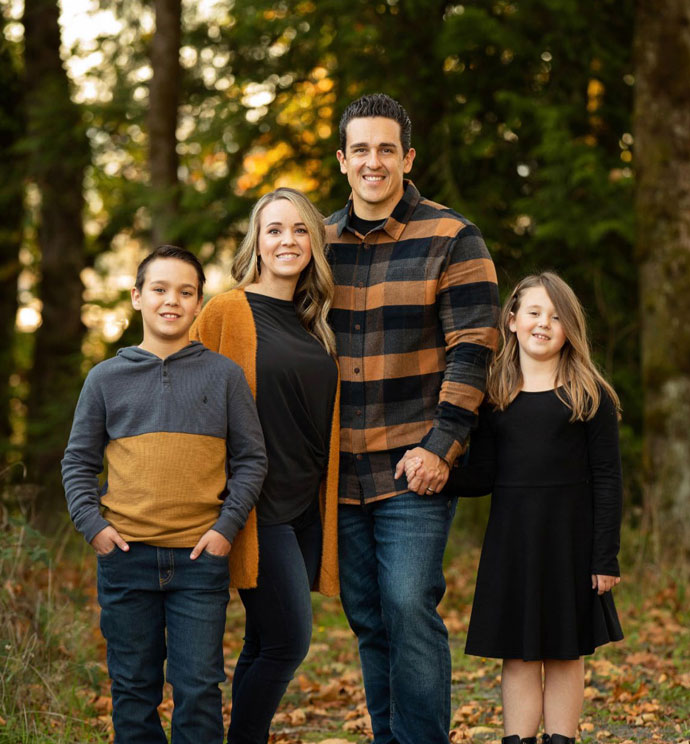An unconventional warrior’s unconventional business path
Just how universally flexible and adaptable is the Green Beret skillset? Plenty, if you ask Trent Breland—a transitioning First Group Green Beret and owner of Salt Hair Lounge in Olympia, Washington, which he and his cosmetologist wife Katie acquired in 2021. Salon ownership is certainly not one of the most commonly pursued career paths for Green Berets post-military, but as Trent’s experience demonstrates, with a little bit of creativity and open-mindedness, all of the skills which serve a Green Beret in Special Operations can be adapted to the civilian world and applied in order to succeed with any business model.
Juggling business ownership and active duty service, with a planned transition date of spring 2024, Trent has gained insight into how to channel the skills that make a successful Green Beret into traits of a successful civilian entrepreneur and business owner—landing on some key lessons learned and best practices along the way.







